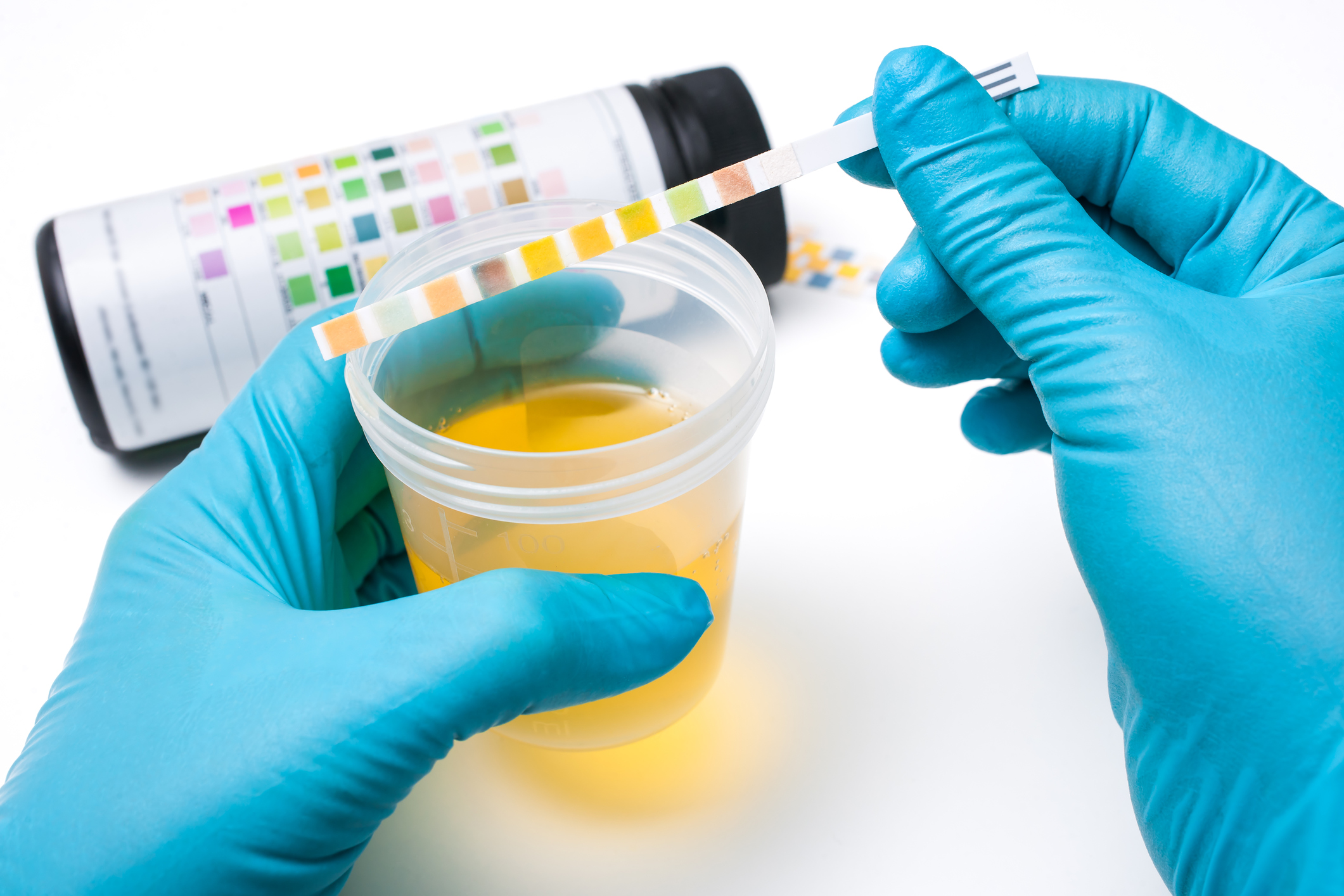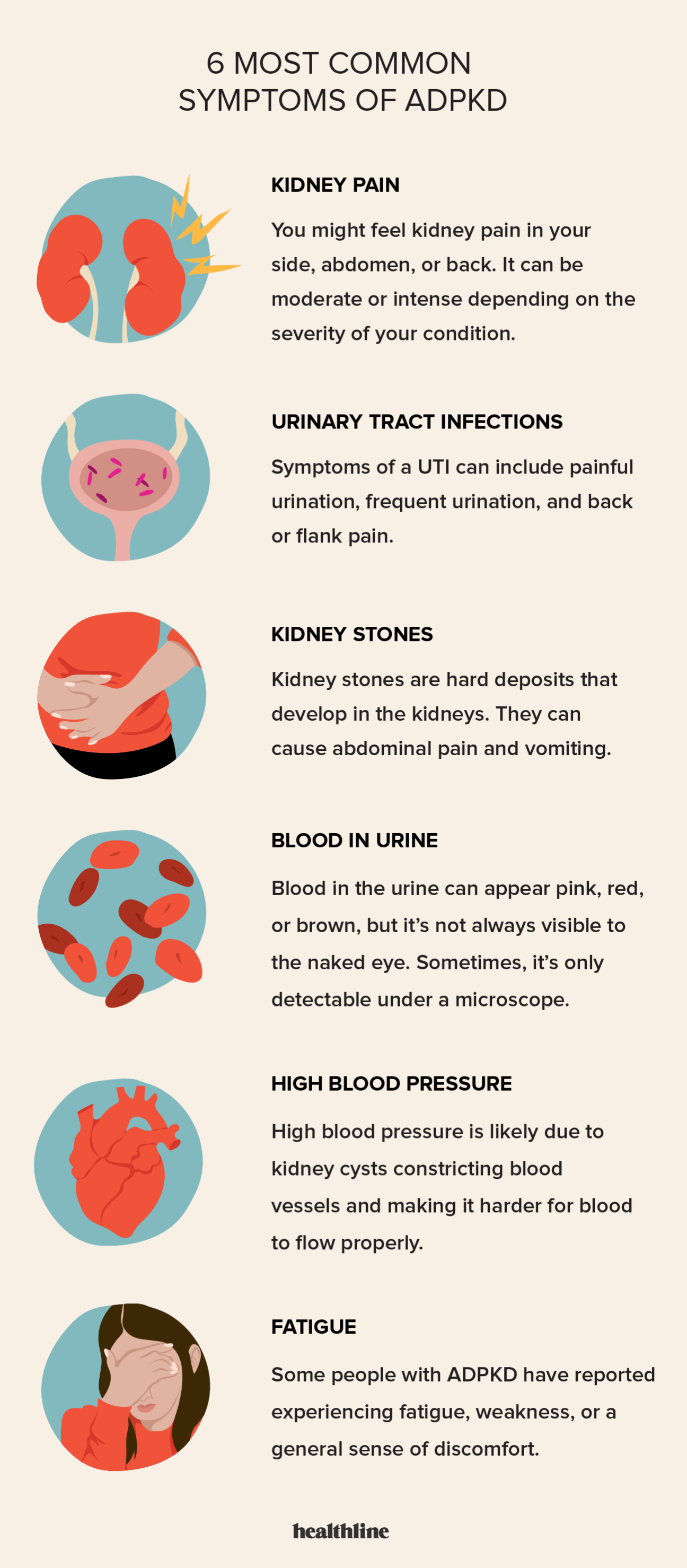Kidney Stones vs UTI: Crucial Info on Therapy Alternatives and Prevention
Recognizing the Trick Differences Between Kidney Stones and Urinary System Tract Infections: An Extensive Review for Patients
Understanding the differences in between kidney stones and urinary system tract infections (UTIs) is vital for patients that may be experiencing comparable signs yet face significantly different health obstacles. As we check out these crucial facets, it ends up being clear that identifying the special qualities of each problem can exceptionally impact individual outcomes.
Review of Kidney Stones
The development of kidney stones, a usually incapacitating and painful problem, underscores the crucial relevance of maintaining kidney health and wellness. Kidney stones, likewise recognized as renal calculi, are strong masses that establish from crystals in the pee. These stones can vary in size from a grain of sand to a golf round and can reside in any component of the urinary tract. The main kinds of kidney stones include calcium oxalate, calcium phosphate, uric acid, struvite, and cystine stones, each with distinct causes and danger elements.
A number of variables add to the development of kidney stones. Dehydration is a substantial danger, as not enough fluid intake can cause focused pee, promoting crystal formation. Nutritional behaviors, consisting of high sodium and oxalate consumption, can aggravate the threat. Furthermore, metabolic conditions and specific medical problems may predispose people to stone development.
Symptoms of kidney stones can include extreme flank nausea, hematuria, and pain, which typically prompt immediate medical analysis. Treatment options differ, ranging from raised liquid intake and dietary alterations to clinical treatments such as lithotripsy or surgical elimination, depending on the dimension and place of the stones. Recognizing these facets is necessary for reliable prevention and management.
Review of Urinary System Infections
Urinary system infections (UTIs) stand for a typical yet significant health and wellness issue, influencing millions of people yearly. These infections take place when germs enter the urinary system, which consists of the kidneys, ureters, bladder, and urethra. The majority of UTIs are brought on by Escherichia coli, a type of microorganisms generally located in the intestinal tract. While UTIs can affect any person, they are particularly widespread in females because of anatomical distinctions that help with bacterial entry.
The risk variables for creating a UTI include sex-related task, particular sorts of birth control, urinary retention, and a background of previous infections. Individuals with weakened pre-existing problems or immune systems, such as diabetic issues, might also go to better threat. UTIs can be categorized right into two primary kinds: straightforward and complex. Straightforward UTIs are normally restricted to the bladder and are extra common in healthy and balanced individuals, while difficult UTIs may involve the kidneys and take place in those with underlying health and wellness concerns.
Prompt medical diagnosis and therapy are vital to stop complications, such as recurrent infections or kidney damage (Kidney Stones vs UTI). Commonly, UTIs are treated with antibiotics, and safety nets can be employed for those with constant events
Typical Signs Comparison
Symptoms of urinary tract infections and kidney stones can usually overlap, leading to complication in diagnosis. In contrast, kidney stones have a tendency to cause extreme, sharp pain that emits from the back to the lower abdominal area and groin, frequently explained as colicky discomfort.
Additionally, UTIs might be gone along with by fever and cools, especially in more extreme situations, while kidney stones can lead to queasiness and throwing up due to extreme discomfort. While pain throughout urination is a trademark of UTIs, kidney stones generally provide with more intense discomfort episodes, which may go and come.
Medical Diagnosis Methods
How can healthcare specialists properly distinguish in between kidney stones and urinary system system infections? The diagnostic procedure begins with a thorough clinical background and a detailed testimonial of the person's signs. Medical professionals commonly execute a checkup, which might disclose tenderness read the article in the abdominal area or flank region, assisting the analysis path.
Laboratory examinations play an essential function in differentiating between these 2 problems. Kidney Stones vs UTI. A urinalysis can recognize the presence of blood, crystals, or microorganisms, which are a sign of either problem. In instances of urinary tract infections, the urinalysis may reveal a significant visibility of white blood cells and nitrites, while kidney stones may provide with details crystals
Imaging research studies, such as stomach ultrasound or computed tomography (CT) scans, are vital for visualizing kidney stones. These imaging methods allow health care companies to examine stone size, location, and potential blockages in the urinary system. In contrast, urinary system infections usually do not need imaging unless problems are believed.
With each other, these diagnostic approaches equip healthcare experts to accurately detect and distinguish in between kidney stones and urinary system system infections, making certain that clients get suitable treatment and administration.
Therapy Alternatives and Prevention
While both kidney stones and urinary system system infections (UTIs) call for punctual treatment, their monitoring approaches vary considerably.
The therapy for kidney stones commonly includes discomfort monitoring, hydration, and sometimes, clinical treatments such as extracorporeal shock wave lithotripsy (ESWL) or ureteroscopy to get rid of or break down stones. People are regularly advised to raise fluid intake to facilitate stone passage and decrease reoccurrence. Dietary adjustments might also be necessary, depending on the stone kind.
In comparison, UTIs are primarily treated with antibiotics to eliminate the bacterial infection. The specific antibiotic recommended relies on the microorganisms recognized and local resistance patterns. Additional actions, such as enhanced liquid intake and urinary analgesics, might help alleviate signs and symptoms.
Prevention techniques differ as well; for kidney stones, keeping adequate hydration and sticking to nutritional limitations can be efficient. For UTIs, precautionary strategies include appropriate health techniques, peing after sexual intercourse, and potentially prophylactic anti-biotics for reoccurring infections. Comprehending these therapy and prevention modalities is crucial for effective administration and to minimize the threat of problems connected with both problems.
Final Thought

Understanding the distinctions between kidney stones and urinary system informative post infections (UTIs) is important for individuals who may be experiencing comparable symptoms yet face significantly various wellness difficulties. The primary types of kidney stones include calcium oxalate, calcium phosphate, uric acid, struvite, and cystine stones, each with distinctive causes and danger variables.
